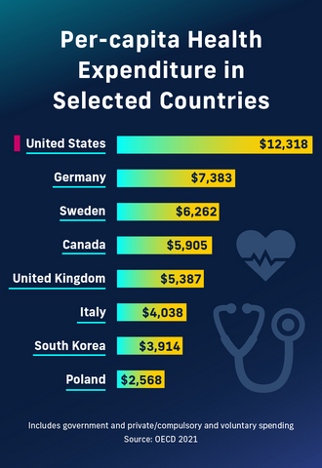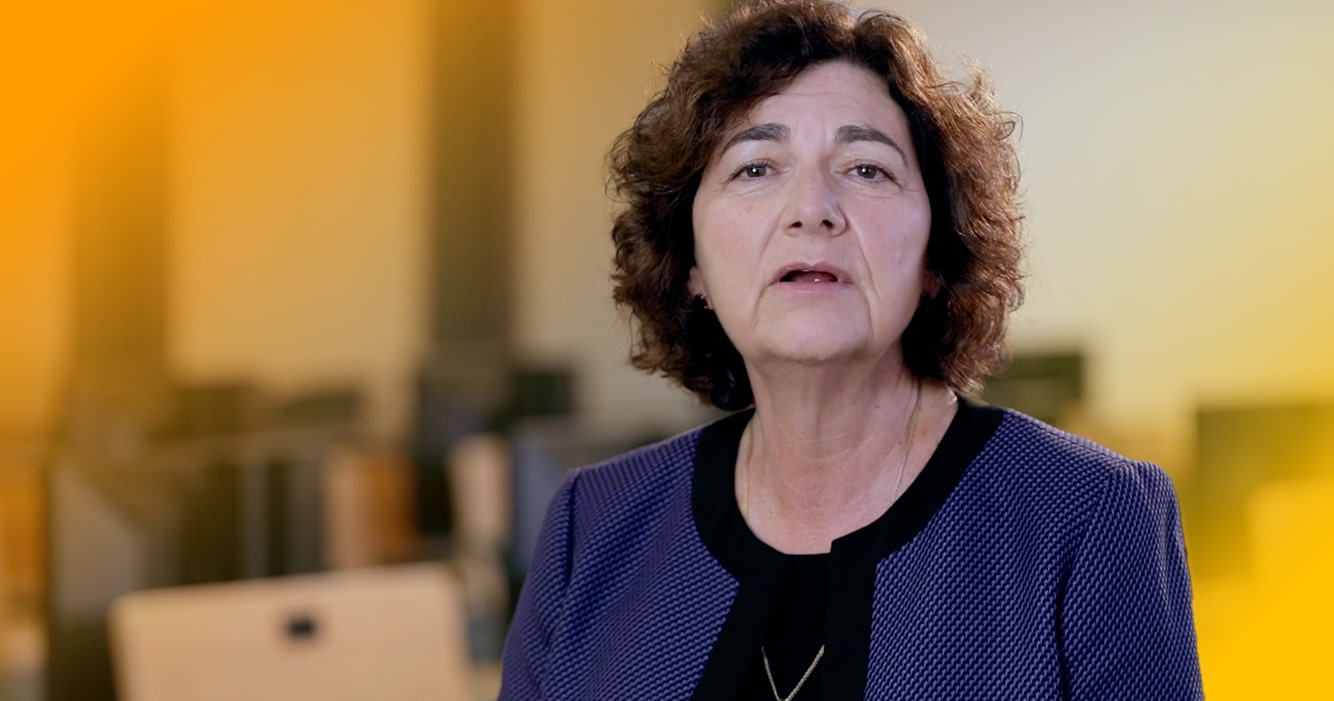Whether healthcare is a right or a privilege has been a subject of ongoing debate, with strong arguments on both sides regarding the ethical, economic and social implications.
The United Nations asserts that access to healthcare is a fundamental human right, as outlined in the Universal Declaration of Human Rights and various international treaties. On the other hand, healthcare is not considered a fundamental right under the U.S. Constitution.
To bring some insights into the topic we interviewed our esteemed professor Miriam Weismann JD, LLM.

Miriam F. Weismann, JD, LLM (Taxation), is a clinical professor of business law and tax in the School of Accounting and the academic director of the Healthcare MBA program at FIU Business. Her research areas encompass white-collar crime, financial fraud, corporate governance, international law, taxation and legal ethics.
Weismann urges us to take a good look and reevaluate the U.S. healthcare system. She believes that we need to move away from private sector financing of basic healthcare and towards a single-payer system that provides universal core health services. Most developed nations across the world provide their citizens with universal healthcare or similar models, while the United States remains an outlier.
The U.S. spends more on healthcare per capita than any other country, yet our health outcomes lag. Why? Because our fragmented system allows for significant inefficiencies and inflated costs.

Weismann highlights that our current system suffers from profit-maximizing price discrimination. This means prices for the same services can range broadly, depending on the payer system and perceived value according to the service.
The impact on individuals
The current U.S. healthcare system’s complexity and inefficiency have significant implications for individuals. For patients, the variability in healthcare costs can lead to unexpected and burdensome medical bills, even with insurance coverage. This financial strain can delay or deter people from seeking necessary care, leading to worse health outcomes. Healthcare providers, including doctors and nurses, often face administrative burdens that detract from patient care, contributing to burnout and staffing shortages. For businesses, especially small ones, the high cost of providing health benefits to employees can be a significant financial challenge. In contrast, a more streamlined system, such as the one Weismann advocates, could alleviate some of these pressures, making healthcare more accessible and predictable for everyone involved. However, the transition to such a system would require careful consideration of its impact on all stakeholders.
Solutions from other first world countries
Let’s look at Canada, which operates under a single-payer healthcare system. In this model, the government funds healthcare through taxes, providing universal coverage to all citizens. While this system ensures that everyone has access to necessary care, critics point out that Canadians sometimes face longer wait times for certain procedures compared to the U.S. However, the overall health outcomes in Canada remain strong, with lower healthcare costs per capita and higher life expectancy. On the other hand, Germany uses a multi-payer system, combining public and private insurance providers. This model allows for both universal coverage and choice among insurers, offering a middle ground between government and private sector involvement. These examples illustrate the diversity of healthcare systems globally and the various ways nations balance cost, access, and quality.
Other common healthcare models are:
- Out-of-Pocket System: In out-of-pocket systems, individuals pay directly for services at the point of care.
- Beveridge Model: Government-funded and -provided healthcare services, typically through tax revenue, where healthcare services are free at the point of use.
- Bismarck Model: This model involves sickness funds (insurance) financed by employer and employee contributions. It combines public and private healthcare provisions.
How you can make a change.
Being a leader and agent of change in healthcare administration requires more than having knowledge of healthcare. Miriam Weismann emphasizes the importance of understanding the intricacies of the business elements that play key roles in the administration of healthcare on a global scale.
Weismann states, “If someone wants to go into administration, and they don't have an MBA, and specifically a Healthcare MBA, they will not be able to achieve upward mobility. It's not just the credential anymore. It's the ability to read a financial statement. It is the ability to understand healthcare access, healthcare reimbursement. It's the ability to have the tools to understand the complicated aspects of the business of healthcare. Today you talk to any doctor, any medical student, anyone from our program in particular, and they will tell you that if you don't understand the business of healthcare, you can't practice medicine.”
Weismann also highlights the benefits and experiential aspects of the HCMBA program that is designed to equip students with the tools necessary to excel in a career in healthcare administration.
“Our program not only gives students the tools in global healthcare administration, we also have certifications. We have CMS certification in fraud and abuse. We have certification in data analytics, in Tableau. We have a certification in advanced healthcare research. We have a whole panoply of advanced certifications in addition to their MBA degree. The whole point of these certifications is to prepare students with the appropriate tools so that they can go into the marketplace and be change agents.”
To learn more about the HCMBA program and how it can help in this cause, visit our Healthcare MBA program page here: https://business.fiu.edu/academics/graduate/healthcare-mba/
To hear more from Professor Miriam Weismann, watch here:


